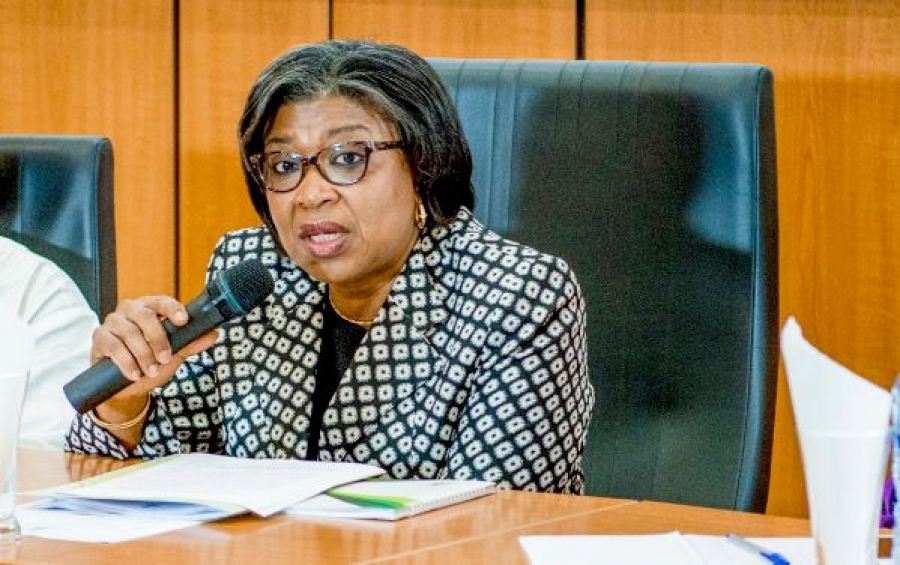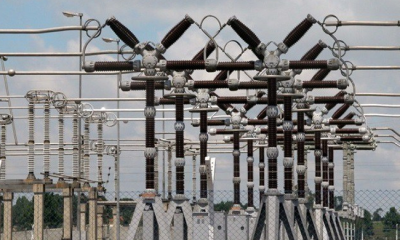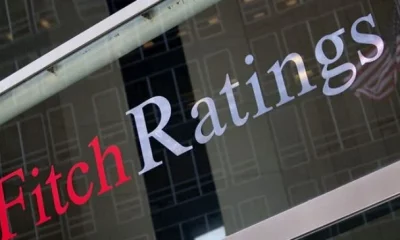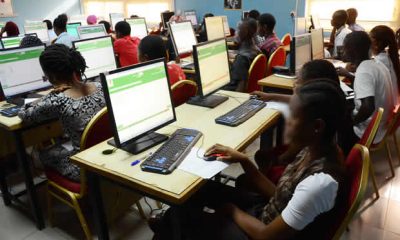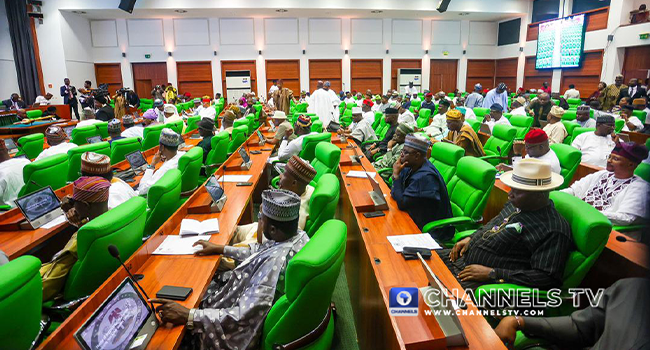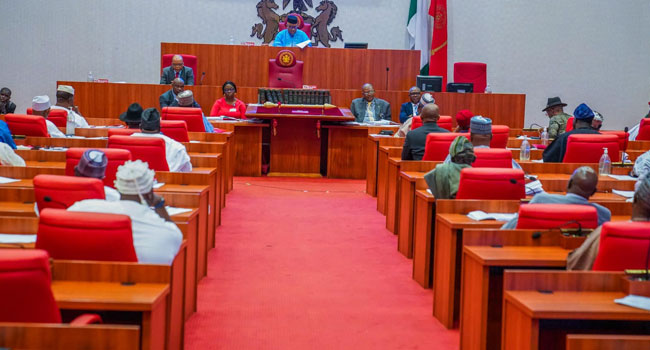Nigeria’s total public debt may hit N81.64tn this year.
According to a report by The PUNCH, the figure was arrived at based on the 2022 Debt Sustainability Analysis Report by Debt Management Office.
According to the debt office, the increase in total public debt-to-GDP to 37.1 per cent in 2023 from 23.4 per cent as of September 2022 was due to the inclusion of an estimated N8.8tn 2023 debt, the government’s Ways and Means debt of over N23tn, and an estimated Promissory Notes issuance of N2.87tn in the debt stock.
As of December 2022, Nigeria’s total public debt was N46.25tn, which means they might be an increase of 76.52 per cent this year.
In the report, the DMO warned that the Federal Government’s projected revenue of N10tn for 2023 cannot support fresh borrowings.
According to the office, the projected government’s debt service-to-revenue ratio of 73.5 per cent for 2023 is high and a threat to debt sustainability. It noted that the government’s current revenue profile cannot support higher levels of borrowing.
In a report titled, ‘Report of the Annual National Market Access Country (MAC) Debt Sustainability Analysis (DSA),’ the debt office said, “The projected FGN Debt Service-to-Revenue ratio at 73.5 per cent for 2023 is high and a threat to debt sustainability.
“It means that the revenue profile cannot support higher levels of borrowing. Attaining a sustainable FGN Debt Service-to-Revenue ratio would require an increase of FGN Revenue from N10.49tn projected in the 2023 Budget to about N15.5tn.”
DMO stated that the government must pay attention to revenue generation by implementing far-reaching revenue mobilisation initiatives and reforms including the Strategic Revenue Growth Initiatives and all its pillars with a view to raising the country’s tax revenue to GDP ratio from about 7 percent to that of its peer.
The Federal Government will be unable to borrow a lot as it nears its self-imposed debt limit of 40 per cent, the Debt Management Office has said.
DMO noted that the country’s debt stock is within sustainable limits at 37.1 per cent but is nearing a point where it has little space for borrowing. It said, “The Country’s Debt stock remains sustainable under these criteria, but the borrowing space has been reduced when compared to Nigeria’s self-imposed debt limit of 40 percent set in the MTDS, 2020-2023.”
It recommended that even though the government must be careful with borrowing even though it had a borrowing space of 2.9 per cent (about N14.66tn) due to its self-imposed limit of 40 per cent.
It stressed, “It is recommended that this should not be used as a basis for higher level of borrowing as was the case in the 2023 Budget. This is because the outcome of the Shock Scenario, which is more realistic in the circumstances, exceeded the self-imposed limit.”
To reduce borrowing and budget deficit, DMO stated that the government should encourage the private sector to fund some of the capital projects that are being financed from borrowing through the Public-Private Partnership schemes. It added that the Federal Government can reduce borrowing through the privatisation and/or sale of Government assets.

 News3 years ago
News3 years ago
 Entertainment2 years ago
Entertainment2 years ago
 News3 years ago
News3 years ago
 Privacy3 years ago
Privacy3 years ago
 Sports2 years ago
Sports2 years ago
 Entertainment2 years ago
Entertainment2 years ago
 News3 years ago
News3 years ago
 Opinion3 years ago
Opinion3 years ago
